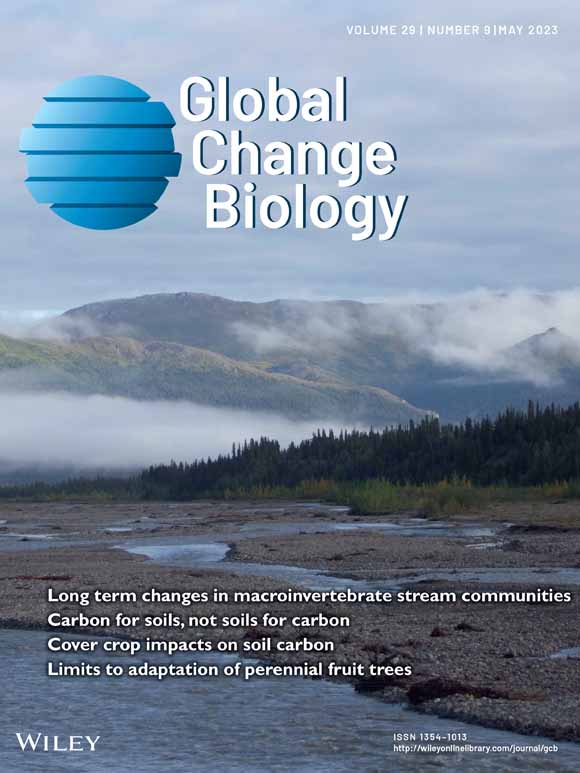(Dept. 5) Evolutionary and Integrative Ecology
How do freshwater organisms respond to global change? Using an integrative approach – from molecules to society – Department 5 studies eco-evolutionary processes across time and space, including the interactions among species and between people and nature. We help to better understand freshwater ecosystems and protect their unique biodiversity in the Anthropocene.
The Department of Evolutionary and Integrative Ecology, which is located in both Friedrichshagen and Dahlem, advances the eco-evolutionary understanding of freshwater organisms in the Anthropocene. Our research has two overarching themes:
- Evolutionary ecology and eco-evolutionary dynamics
- Integration across scales, disciplines and actors
Within these themes, we use a combination of laboratory and field studies, genomics, complex statistical analyses, mathematical models and conceptual integration to address topics ranging from the ecological and evolutionary consequences of global change (e.g. biological invasions, climate change, pollution) to spatiotemporal dynamics and species interactions (e.g. competition, parasitism and predation). We additionally investigate human-nature interactions, for example in Berlin and other urban areas, and develop novel tools for research synthesis, stakeholder engagement and public outreach.
We collaborate with researchers within and beyond IGB, nationally and internationally. Particularly strong connections are with Freie Universität Berlin and KU Leuven where several group leaders in the department hold professorships. We also play a leading role in the Berlin Center for Genomics in Biodiversity Research (BeGenDiv) in which we collaborate with other Leibniz institutes and universities. We are strongly engaged in several international initiatives such as the Alliance for Freshwater Life, Future Earth and the International Union for Conservation of Nature (IUCN).
Research groups
Department members
Selected publications

Altered Phenotypic Responses of Asexual Arctic Daphnia After 10 Years of Rapid Climate Change
Freshwater ecosystems in the Arctic are important sentinels for climate change, but not much is known about the potential for rapid adaptation of their asexually reproducing key zooplankton members. Applying a resurrection ecology approach to an asexual Arctic Daphnia population, the authors provide evidence for a change in thermal and hypoxia tolerance within a decade.
New fish migrations into the Panama Canal increase likelihood of interoceanic invasions in the Americas
The authors have compared the fish communities of Lake Gatun in the Panama Canal before and after the canal’s expansion in 2016: Marine fish species now make up 76 percent of the total biomass of the fish population and are primarily large predatory fishes. The lake’s food web is changing and local fisheries are impacted. There is also an increased risk of fishes colonizing the opposite ocean.
A conceptual classification scheme of invasion science
Combining expert knowledge with literature analysis, this study developed a conceptual classification scheme of invasion science that allows to organize publications and data sets, guide future research, and identify knowledge gaps. The scheme features 5 major themes of invasion science that are divided into 10 broader research questions and linked to 39 major hypotheses of the field.
Eco-phenotypic feedback loops differ in multistressor environments
The authors investigated how density-trait feedback loops of two ciliate species differed along a temperature and salinity gradient. They found that stressful environments decouple the density-trait feedback loop of two ciliate species.
Rapid growth and the evolution of complete metamorphosis in insects
Insects undergo complete metamorphosis, rebuilding their bodies, such as the transition from caterpillar to chrysalis to butterfly. The authors wondered why this extreme lifestyle might have evolved. Combining growth data and mathematical modelling, they found that insects grow much faster if they can grow and build the adult body in two separate stages, rather than doing both continuously.










